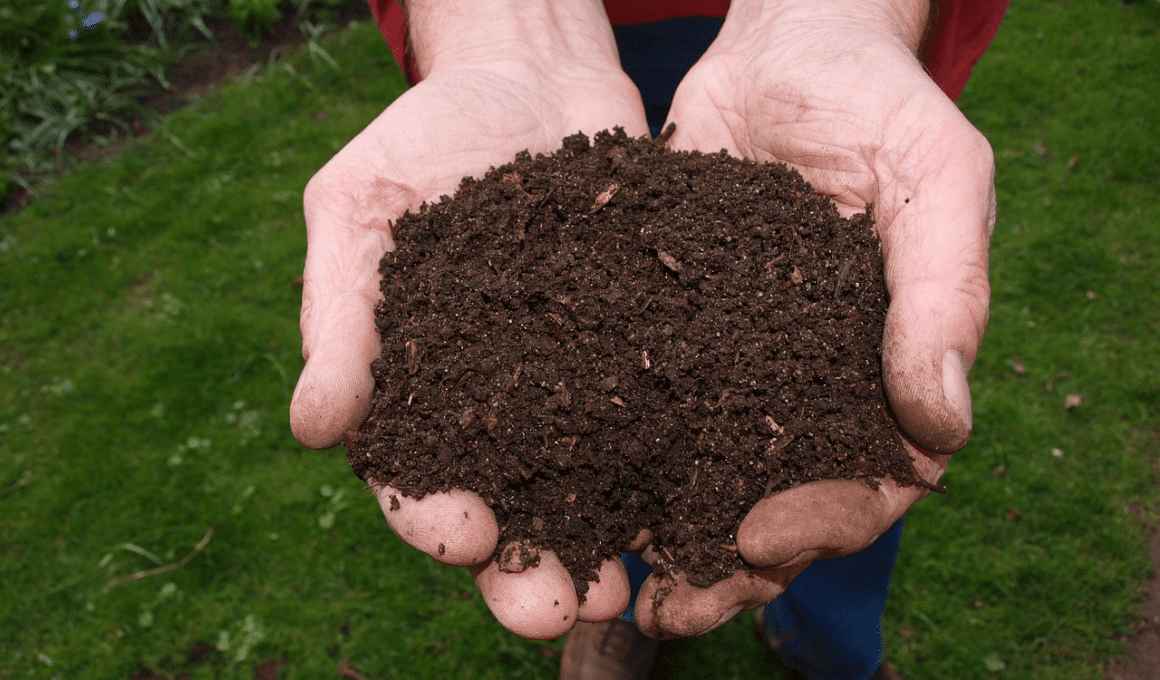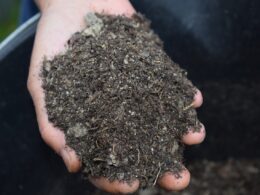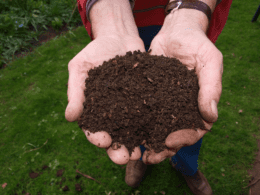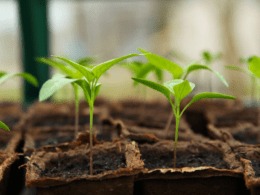Are you looking to recycle your organic waste and give your garden a nutrient boost? Composting is a great way to achieve both goals.
However, there are some serious risks involved that you need to be aware of, particularly when it comes to compost fires. These fires can occur on hot days and can be dangerous if not managed properly.
But don’t worry, we’ve got you covered with some hot tips and important safety information to help you compost safely and efficiently.
In this article, we’ll explore the different types of composting, the temperature danger zone, and how to prevent compost fires. Whether you’re an experienced gardener or just starting out, it’s important to understand the risks involved in composting and how to manage them.
So, keep reading for some simple yet effective tips to help you compost safely and avoid any potential fire hazards.
Quick Takeaways
- Composting recycles organic waste and improves soil health for stronger and healthier plants.
- Hot composting efficiently kills weed seeds and pathogens but requires constant flipping for oxygen, while cold composting is a more hands-off process.
- Compost fires are a risk, especially in hot weather, so regularly monitor temperature and avoid piles exceeding 5ft x 5ft x 5ft.
- Composting is an easy way to recycle food scraps and leaves, and anyone can do it regardless of experience, benefiting both the environment and the garden.
What Are the Benefits of Composting Coffee?
Composting coffee: benefits and tips. Composting coffee grounds offers several advantages. Firstly, it enriches the soil by providing organic matter, enhancing its water retention capacity and promoting nutrient absorption by plants. Additionally, coffee grounds contain nitrogen, potassium, and phosphorus, essential for plant growth. Lastly, coffee composting reduces waste and helps the environment by diverting coffee grounds from landfills.
Types of Composting
If you want to compost efficiently and kill weed seeds and pathogens, you should consider hot composting. Hot composting requires constant flipping, which allows oxygen to penetrate the pile and speeds up the decomposition process. This type of composting can reach temperatures of 120-170°F in just a few days, which is hot enough to kill weed seeds and pathogens. Hot composting also happens faster than cold composting, so you can get nutrient-rich compost for your garden more quickly.
On the other hand, cold composting is a more hands-off process. It doesn’t require as much attention as hot composting, and you can simply add organic material to the pile and let it decompose over time. While cold composting can take longer than hot composting, it’s still a great way to recycle organic waste and return nutrients to your garden.
Both hot and cold composting have their pros and cons, so it’s important to choose the best option for your needs. Remember to follow best practices for each type of composting to ensure that your pile stays healthy and safe from fire risks.
Preventing Fires
To prevent potential fires, it’s important to take fire safety precautions when composting. Regularly monitor the temperature of your compost pile, especially during hot weather. If the temperature rises too high, it can cause the compost to catch fire. Avoid letting your pile exceed a size of 5ft x 5ft x 5ft, as larger piles are more likely to generate excessive heat and create a fire hazard.
One of the best ways to monitor the temperature of your compost pile is to use a compost thermometer. You can insert the thermometer into the center of the pile to get an accurate reading. If the temperature starts to rise above 170°F, it’s time to start turning the pile to release the heat.
By keeping an eye on the temperature and taking action when necessary, you can prevent fires and ensure your composting process is safe and successful.
Benefits of Composting
You can do your part to help the environment and improve your soil health by using compost. Composting is an easy way to recycle organic waste, like food scraps and leaves, and turn it into nutrient-rich soil for your garden.
By composting, you can reduce your carbon footprint and reduce the amount of waste that ends up in landfills. Not only is composting good for the environment, but it also benefits your garden.
Compost improves soil health by increasing its ability to retain moisture and nutrients. This means your plants will grow stronger and healthier, and you’ll have a more bountiful harvest.
So, start composting today and enjoy the benefits of a healthier garden and a cleaner planet.
Frequently Asked Questions
What materials should you avoid putting in your compost pile?
To avoid unpleasant odors and potential fire risks, avoid putting meat, bones, dairy, oils, and pet waste in your compost pile. Stick to plant-based materials like fruit, vegetables, and yard waste.
Can composting attract pests to your garden?
Composting can attract pests, but proper pest management and composting techniques can prevent it. Keep piles small and covered, avoid adding meat or dairy, and use a balance of brown and green materials to deter pests.
How long does it take for compost to be ready for use in your garden?
You can expect your compost to be ready in as little as 1-3 months with hot composting or up to a year with cold composting. Once it’s ready, it will enrich your soil and help your garden thrive.
Is it necessary to add compost to your garden every year?
Adding compost to your garden every year isn’t necessary. Benefits of crop rotation and alternatives to composting, like cover crops and green manure, can improve soil health. Avoiding compost fires is important for your safety.
Can you compost meat and dairy products?
You can compost meat and dairy, but it’s best to avoid it in apartments due to odors and attracting pests. Stick to fruit, vegetables, and yard waste. Keep your compost moist and turn it regularly to prevent fires.









